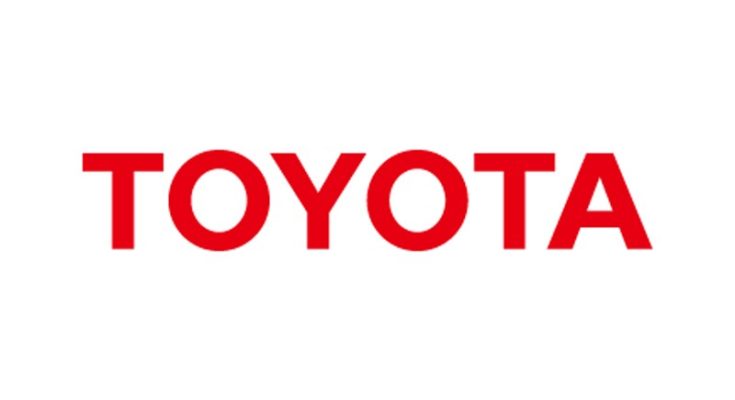#Toyota Industries buyout# Toyota Fudosan tender offer# Japan corporate restructuring# cross-shareholding Japan# Denso Toyota
Tokyo/IBNS-CMEDIA: Toyota Motor Corp. announced on Tuesday that it will take key affiliate Toyota Industries private in a landmark ¥3.7 trillion ($26 billion) deal, marking one of the largest corporate restructurings in Japan’s recent history and signalling a strategic shift in the auto giant’s group structure, Reuters reported.
The buyout will be executed through a tender offer by Toyota Fudosan, an unlisted real estate arm of the Toyota Group. In a parallel move, Toyota Motor also said it would repurchase its own shares held by Toyota Industries.
The transaction reflects rising pressure on Japanese corporations to unwind cross-shareholdings and improve shareholder returns amid a broader push for better corporate governance.
Japan’s financial regulator and institutional investors have, in recent years, intensified scrutiny of conglomerates over their opaque group structures and interlocking equity ties.
Toyota had earlier indicated in April that it was considering involvement in a buyout of Toyota Industries, a move insiders say is aimed at enhancing governance transparency and improving group efficiency.
As of September last year, Toyota Motor held about 24% of Toyota Industries, while the latter owned approximately 9% of Toyota Motor and more than 5% of Denso Corp., another key supplier and member of the Toyota Group.
Toyota Industries has deep historical and operational ties with Toyota. It was originally founded in 1926 by Sakichi Toyoda as Toyoda Automatic Loom Works. Its automotive division would later be spun off to become Toyota Motor.
Today, Toyota Industries manufactures forklifts and also builds the RAV4 SUV for Toyota. It is a crucial supplier of core vehicle components including engines, batteries, air-conditioning compressors, and power converters.
This deal underscores Toyota’s efforts to streamline its corporate structure while maintaining control over critical operations and supply chains, especially as the auto industry undergoes rapid transformation in the areas of electrification and automation.





